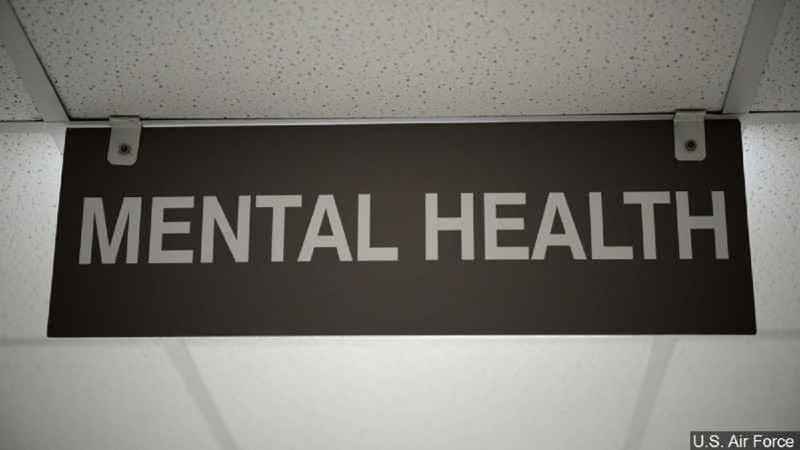Rural health leaders encourage boost of mental health coverage in Greater Minnesota

[MGN]
One of the bigger challenges highlighted by the COVID-19 pandemic has been the need to boost access to mental health care in many areas in the state.
In less populated areas of Greater Minnesota, change is taking place due to the work of a group of mental health professionals and other stakeholders who started working on the access issue even before the pandemic began.
For the first time, licensed drug and alcohol counselors are now eligible for Minnesota’s state-run loan forgiveness program.
"These recommendations highlight the need for continued efforts to strengthen the mental health care system in Greater Minnesota," said Minnesota Department of Health Commissioner Jan Malcolm. "Mental health is an essential part of a person’s overall well-being, and the stresses of the pandemic have made it more important than ever to ensure everyone in Minnesota can access quality care when they need it. This report is an encouraging step toward that goal."
In May 2019, the Rural Health Advisory Committee formed a workgroup to assess mental health care in the rural parts of the state. The work group convened six times from 2019 to 2020 and hosted three regional listening sessions to learn from rural communities in different parts of the state. Those in Greater Minnesota often lack access to critical mental health services, due in part to an insufficient mental health workforce with a ratio of 1,518 people to each mental health provider in isolated rural areas as compared to 304 people per provider in metropolitan areas.
The committee also found that Minnesota has made positive strides in recent years, such as since 2018, when mobile crisis services were made available in all Minnesota counties 24 hours a day, seven days a week. However, there are still challenges to address, and the report Recommendations on Strengthening Mental Health makes recommendations across the following four categories:
- Increasing awareness of mental health needs and resources.
- Increasing access to services and supports.
- Strengthening the rural mental health care system.
- Supporting collaboration among stakeholders.
The committee recommends programs that communities can implement, such as Mental Health First Aid, which is a skills-based course that trains people to identify, understand and respond to signs of mental illness. Helpful policies that are also recommended include those that could expand access to care by increasing investments in transportation and broadband initiatives, which would support telehealth.
To raise awareness, the report recommends promoting the National Suicide Prevention Line and the Minnesota Crisis Text Line. The 2019 state legislature allocated funds so Minnesota callers seeking support through the National Suicide Prevention Lifeline now receive fast, localized support due to the opening of four new call centers operating in the state, according to MDH.
In expanding the workforce, the committee calls for recruitment efforts, decreasing barriers to training, greater mental health collaboration in primary care and extending the careers of retiring workers. MDH says there is also a need for more in-patient psychiatric beds, housing programs, youth services and school-linked mental health services.
MDH is also implementing new initiatives within the workforce. This year, the Minnesota Legislature dedicated an additional $3 million annually to the Minnesota loan forgiveness program. As part of this expansion, licensed drug and alcohol counselors are now eligible, in addition to physicians and other licensed mental health professionals, including psychologists and social workers. The application period for this program started on Sept. 13 and ends Nov. 22. More information can be found here.
Additionally, MDH is also working on another initiative to help get more mental health practitioners licensed as professionals. Due to the current barriers, less than 50% of mental health students who get their master’s degree secure a professional license required to offer therapy independently. For example, one hurdle can be meeting the licensing requirement that requires a period of on-the-job training under supervision by a licensed mental health supervisor.
A program is being developed by MDH that would support would-be supervisors from communities of color by providing them the financial or other support they need to become supervisors, so they can train other mental health practitioners seeking a professional license. More details on this program will be shared at a later time and MDH hopes it is up and running by early 2022.